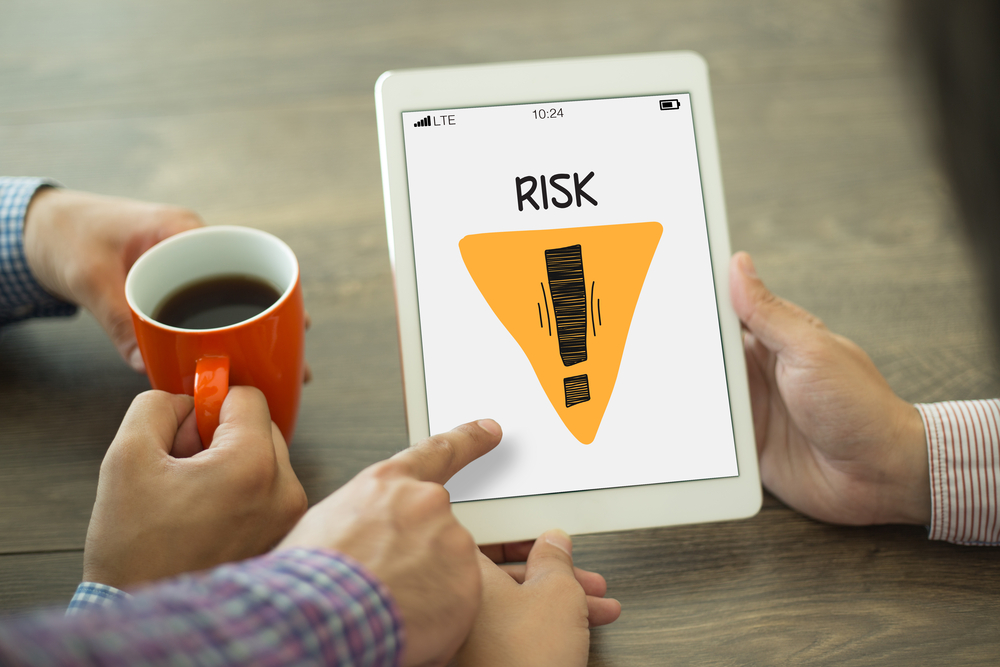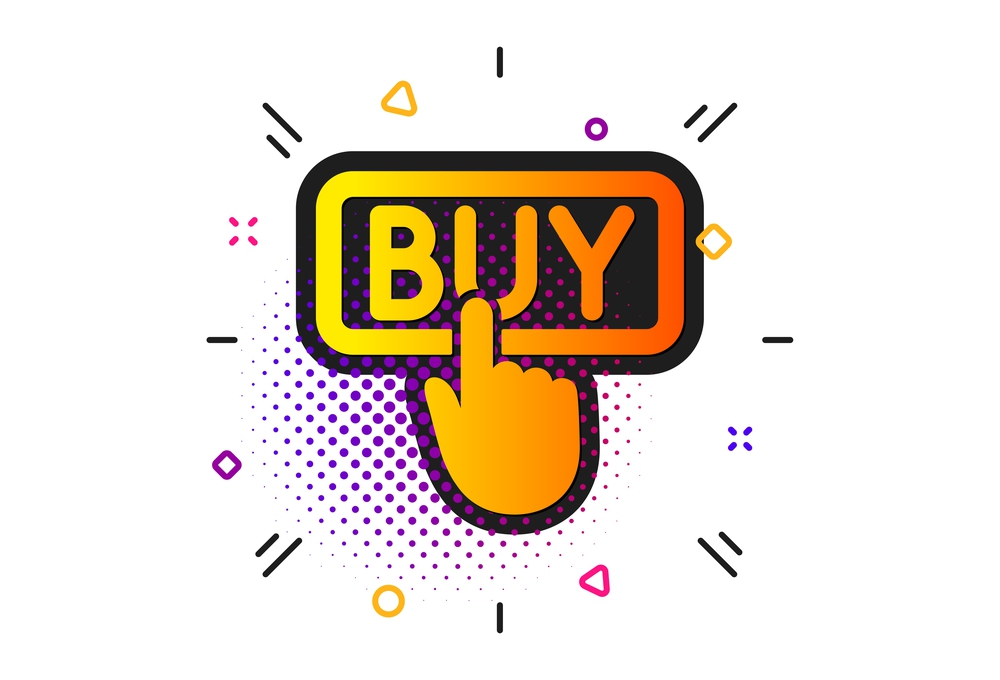
90% of Online Merchants Are High-Risk — Here’s What to Know
May 4, 2022 3 minute Read
Services like Stripe and PayPal make it easy for merchants to set up their checkouts and start selling. What you don’t know is that you’re probably in the 90% of e-commerce businesses considered high risk. Stripe doesn’t support businesses like yours.
If you’re trying to sustain your business for the long-term, you need a high-risk merchant account with a high-risk credit card processing provider.
We’ve been featured on Satwant Phull’s podcast titled The Payment’s Show Podcast to help clear the air about high-risk businesses, high-risk merchant accounts, and everything you need to know about running an online business without getting shut down by your processor.
You can check out the episode here on Spotify, Apple, and Stitcher.
High-Risk Businesses Are the Norm in the Internet Era
A lot of the businesses you shop from, hear about, and subscribe to are more than likely high-risk. Here are some examples that might surprise you:
– Subscription-based services (e.g. SEMRush, Dollar Shave Club)
– Dating sites (e.g., Match.com, Tinder)
– Supplements (e.g., BodyBuilding.com, Seed)
– Dropshipping (e.g., FashionNova)
The categories are not limited to these four, but just to give you a taste of what some big high-risk businesses are. Vapes, CBD, nutraceuticals, entertainment, multilevel marketing, and more all fall under high-risk categories. Really, any Card-Not-Present transaction is high risk.
Most credit card processor or acquiring bank’s terms of service spell out what they consider as high-risk. Most people don’t read the fine print, and suffer the consequences a few months down the line.
Why are businesses considered high-risk?
That’s the million-dollar question today when the biggest brands we equate with security are, in fact, part of high-risk industries.
Any type of business is considered higher risk when:
1. It can pose any type of chargeback or dispute risk.
2. It can pose a reputational risk.
Chargebacks and disputes, you must be familiar with by now. Some industries are more prone to chargebacks.
For example: Subscription services see more chargebacks than many other business models because customers forget about the subscription, then call up their bank to get their money back when they see they’ve been charged for months. Or they didn’t like the product and want a quick refund.
Chargebacks are something you need to have a preventative plan for. High chargeback fees can easily stack up and excessive chargebacks can get you on the MATCH list. Your business needs to keep its chargeback ratio in check.
Reputational risk doesn’t only refer to the reputation of your small business. It can also refer to the reputation of the bank and credit card processing company powering their payment system. Some financial institutions don’t want to be known for working with a particular industry.
Why Credit Cards Rule (in the US)
Credit cards are a staple for all North Americans and merchants operating in NA. But why?
The reason is because credit cards have liability protection built in. If something goes awry, the card issuer will back up the customer.
That isn’t true for ACH or wire transfers. Once your routing number and account number is given and a transfer goes through, that’s it. There’s no turning back. No disputing. Nothing.
For Every $1 Earned, $1.70 Is Spent
Americans live above their means. They spend way more than what they have and they’re perfectly content living in debt with bad credit scores.
That sort of lifestyle isn’t possible with debit, ACH, wire, and SEPA. Credit gives consumers the ability to spend borrowed money as they please, usually without the need to pay it back all at once.
Higher Price Point, More Trust
Credit might rule the payments industry in the US, but it isn’t the only way to pay. In fact, above a certain amount, credit card issuers flag a card transaction and either flat-out deny it or force the cardholder to confirm it.
In these cases, when the price is in the thousands, wire transfers are better. And when charging such a high amount, customers generally gain a level of trust with the merchant before performing the transaction.
Crypto Isn’t Credit
A lot of people want to believe that cryptocurrency is the future of payments. It certainly can be, eventually, but we’re not there yet. Crypto does smooth out the landscape of digital payment processing, but it isn’t credit. You still need money to pay with crypto.
With credit card payments, you don’t need to have money. Therefore, crypto is just a cooler way to pay in “cash” like debit cards.
The Biggest Difference Between Stripe and Dedicated Merchant Accounts
We get asked about Stripe all the time. Actually, a lot of our clients come to us because they have a problem with Stripe and they need help, like an SOS.
Not a lot of business owners realize that opening a Stripe account doesn’t give you a merchant account, it gives you something less. And that’s where the trouble lies. It imitates a merchant services provider, but quickly reveals itself as something entirely different.
Aggregators Hold Data from You
The more data you gather in one point, the more you or the provider can do to mitigate the risk of fraud. This was one of the purposes, or at the very least advantages, of using a service like Stripe and Square. However, Stripe, Square, PayPal, and other aggregators don’t offer you, as the business owner, very much data when someone goes onto your checkout page because they don’t give you your own checkout page. It’s their checkout page, their payment gateway, because it’s hosted on their end.
You need this data to improve your checkout flow.
That’s one of the bigger differences between using an aggregator service versus a high-risk merchant account provider. With a merchant account, all of that is your data. It’s your checkout page. You can host your own page, manipulate it, customize it, and—more importantly—you can know when customers drop out of the purchase at any moment during checkout.
It could be when entering their credit card information, at the shipping page, at confirmation. Then you can use that data to your benefit, like sending a popup to get them to finalize their purchase.
Data is king. Why would Stripe want to hand over this precious data when they can use it for themselves?
Fast Approvals, Faster Shutdowns
On average, it’s easier for any business to get a Stripe account set up quickly, but it’s easier for a merchant account to avoid being shut down.
Anyone can open a Stripe account within 48 hours. Keeping your account open for the long-term is trickier. That’s the typical problem with Stripe and Square and PayPal. Merchants set up an account in a few minutes and think they’re good to go. But within a month or so, funds are frozen or their account is completely terminated.
To clarify, Stripe is great as a backup/last resort or for low-risk merchant account seekers who want an all-in-one service that includes a payment service provider, gateway, and stats.
Aggregators don’t underwrite accounts prior to onboarding, which is why it’s so quick and easy to open an account. When you reach a high volume of sales, your store pops up on their radar and that’s when they start freezing funds and investigating your business before asking for due diligence (processing history, personal credit history, etc.) and starting the underwriting process.
On the flip side, a merchant account takes a bit longer to open but it’s much harder for it to be shut down. It takes about 2 weeks to get one up and running for high-risk merchants. For low-risk merchants, it can happen within 48 hours or so. So, when you see ads or claims for high-risk merchant accounts operable within 24 hours, run the other way. It’s impossible.
High-risk merchant accounts are the safest bet when trying to operate a sustainable business. You aren’t immune to getting shut down, but you will be warned first. And that will give you plenty of time to start opening a replacement merchant account.
When to Get a Backup Merchant Account
Whether you’ve decided to stick with Stripe, PayPal, or some other 3rd-party payment processor, you should always have a backup merchant account.
You have backup servers. You backup your phone, your hard drives, your network. Why wouldn’t you have a backup for your merchant account?
If you get shut down and you only have one account, it’s really hard to get back up again. You could get on the MATCH list, where you’re on the merchant black list, or (a lesser extreme) you could lose out on weeks of traffic and your business’ reputation can start to decline.
Wait until you hit a sales volume above $15k to get a backup account. You haven’t reached the threshold yet of your processor’s radar, so it wouldn’t be worth the application process just yet.
This is Part 1 of our podcast interview with Satwant Phull. Stay tuned for Part 2!




